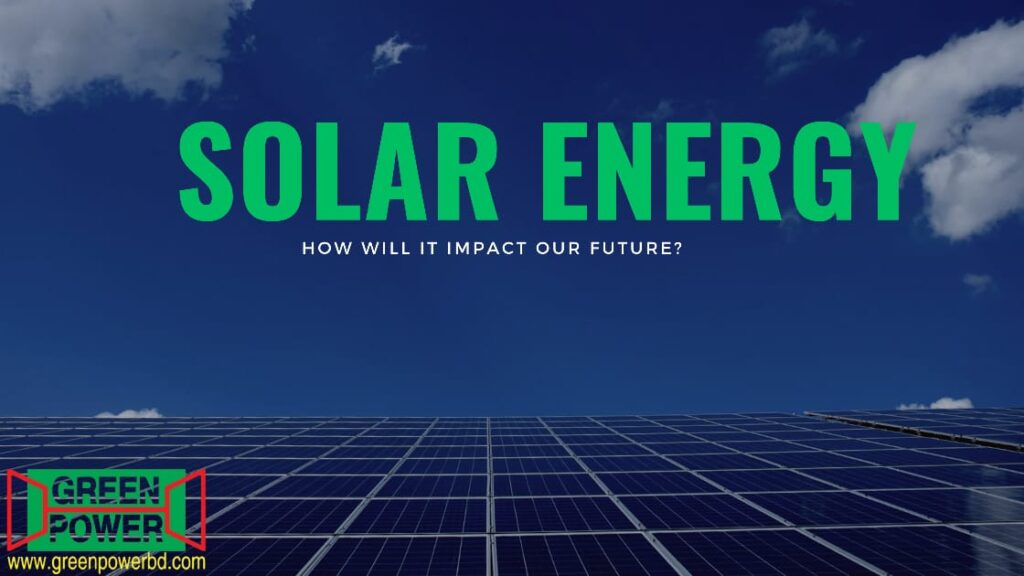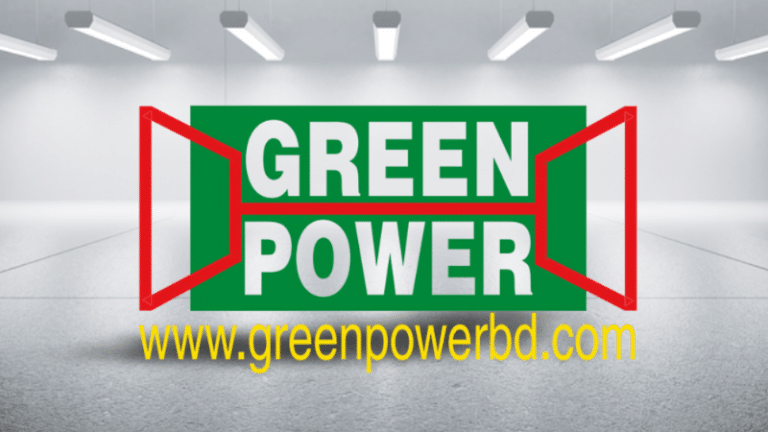Solar energy is the key to a sustainable and energy-independent future. Unlike fossil fuels, which are finite and contribute to environmental degradation, solar power provides a renewable, cost-effective, and scalable solution for electricity generation. Its decreasing costs, minimal maintenance requirements, and independence from fuel supply chains make it an ideal energy source for both individuals and nations.
For those looking for a deeper understanding, let’s explore why solar energy is the future and how it reduces supply chain dependency.
One of the greatest advantages of solar power is its unlimited availability. The sun provides an endless supply of energy, ensuring a consistent and sustainable source of electricity. Unlike coal, oil, and natural gas, which are subject to depletion and price volatility, solar energy is a stable and long-term solution for global energy needs.

The price of solar panels has decreased dramatically over the past decade. This is due to several factors:
For example, the cost per watt of solar panels has fallen from around $4 in 2010 to less than $0.50 in 2024. This affordability makes it easier for households and companies to invest in solar without significant financial barriers.
One of the most critical advantages of solar energy is its ability to decrease reliance on complex global supply chains. Unlike fossil fuel-based energy, which requires continuous extraction, processing, and transportation, solar power eliminates many logistical challenges.
Traditional energy sources rely on a continuous flow of coal, oil, or natural gas. These resources must be extracted, refined, and transported, making the energy supply chain vulnerable to geopolitical conflicts and market fluctuations. Solar energy, however, requires only an initial setup and operates with minimal ongoing resource needs.
Solar panels can be installed on rooftops, commercial buildings, and remote locations, reducing the dependence on centralized power plants and distribution networks. This means fewer transmission losses and improved energy security.
While manufacturing solar panels requires materials like silicon, glass, and aluminum, these resources are abundant and recyclable. Unlike fossil fuels, which require constant extraction, solar panels can be produced and used for decades without depleting essential materials.
Once installed, solar panels generate electricity without requiring fuel shipments, pipelines, or large-scale distribution networks. This significantly reduces carbon footprints associated with transportation and infrastructure.
Many countries and businesses are already leveraging solar power to reduce supply chain dependencies and enhance sustainability:
Solar energy offers not only environmental benefits but also economic advantages:
Solar energy is not just an option for the future—it is the future. With its declining costs, environmental benefits, and ability to reduce supply chain dependency, solar power is transforming the way we generate and consume electricity.
🌍 Power your business the sustainable way!
📞 Get in touch today for a free consultation.
🔗 Visit: www.greenpowerbd.com
📩 DM us for more details!
Telephone: +88-02-222274-959
Cell: +88 01711 537474
Email: Ehsan@greenpowerbd.com

Copyright ©2024 - 2026 Green Power, All rights reserved
